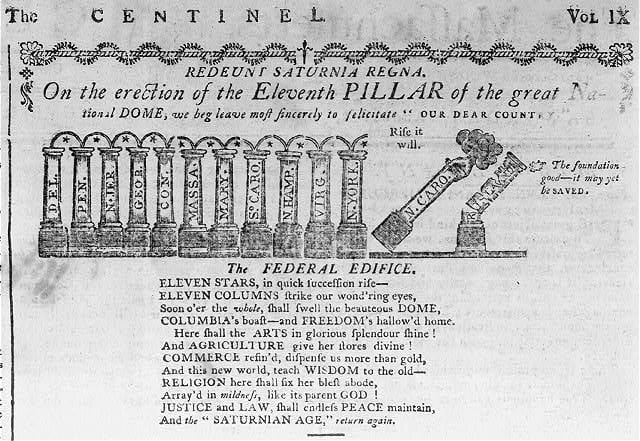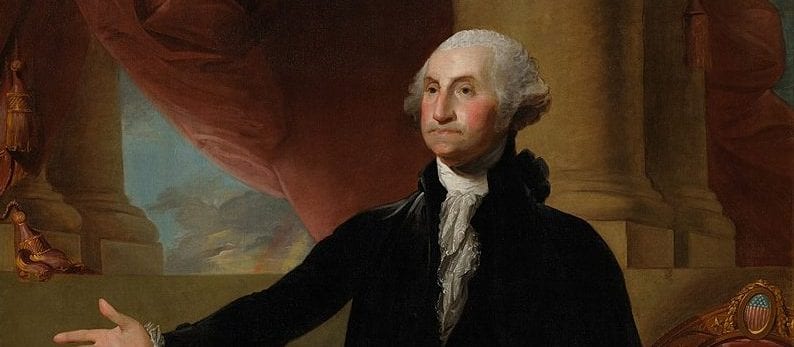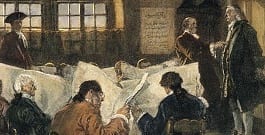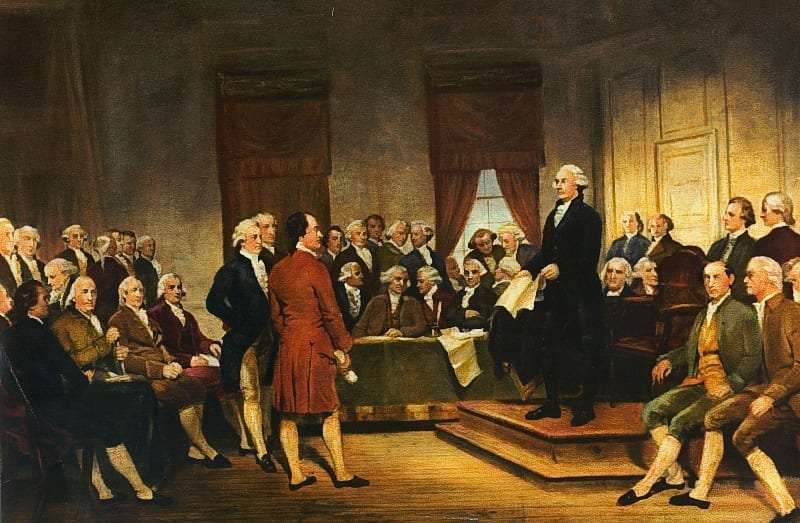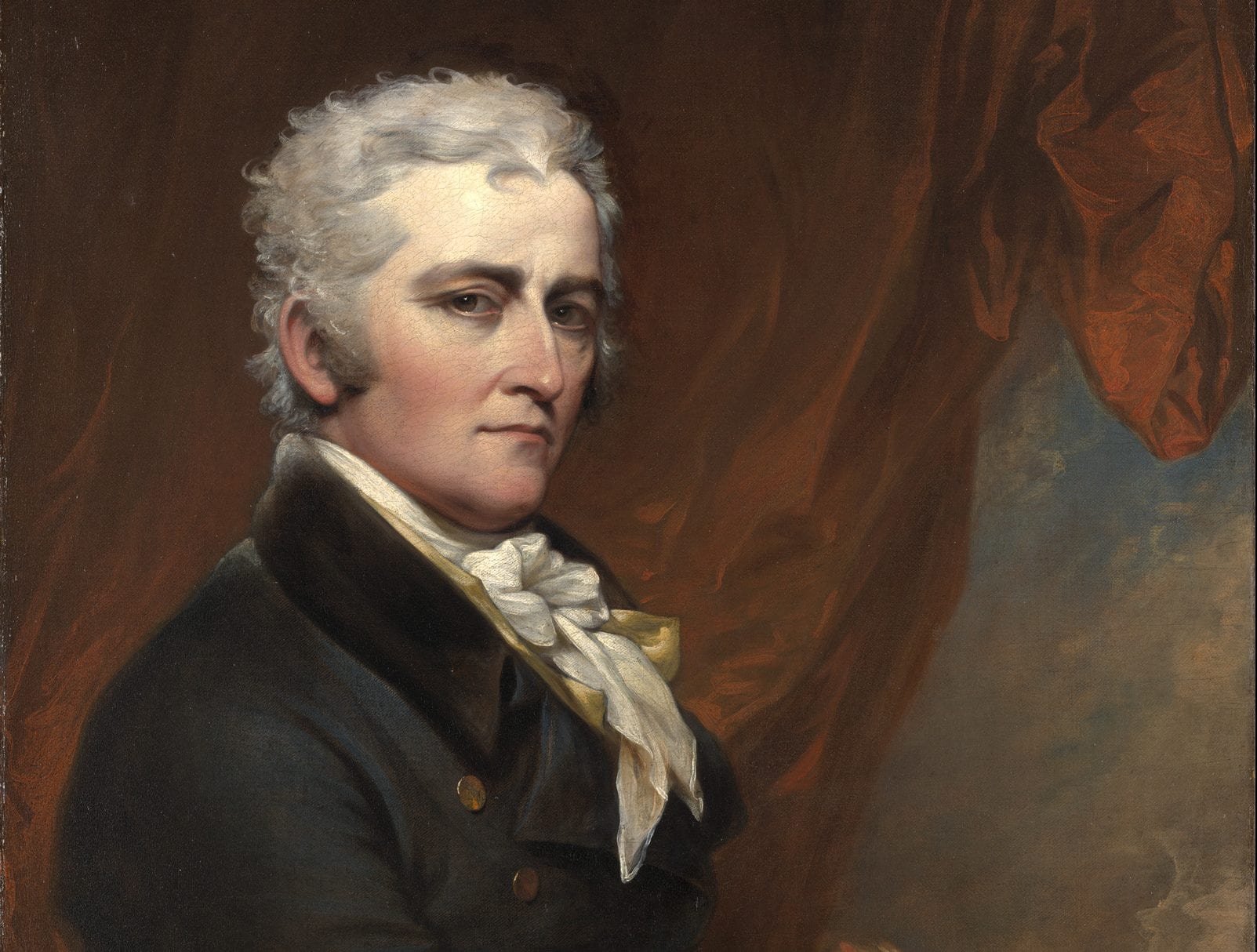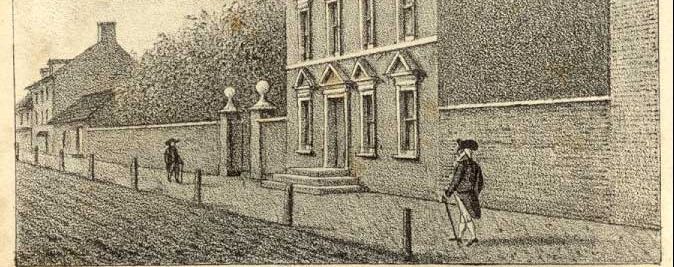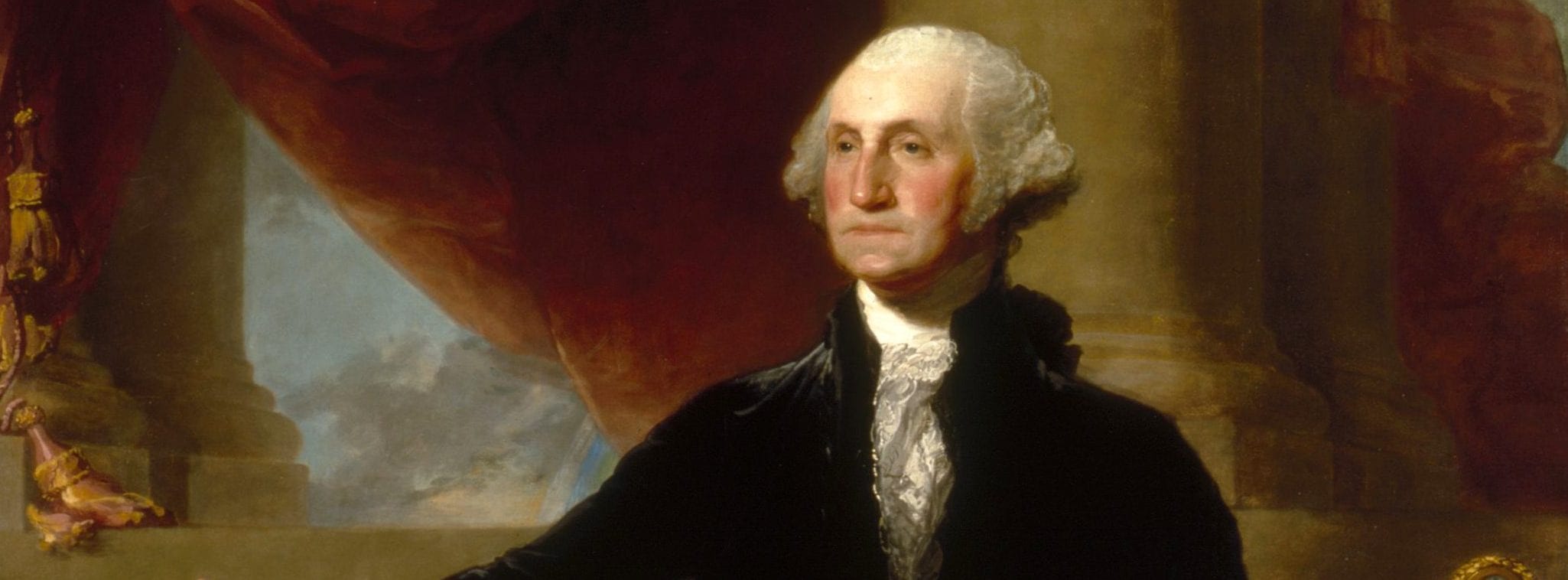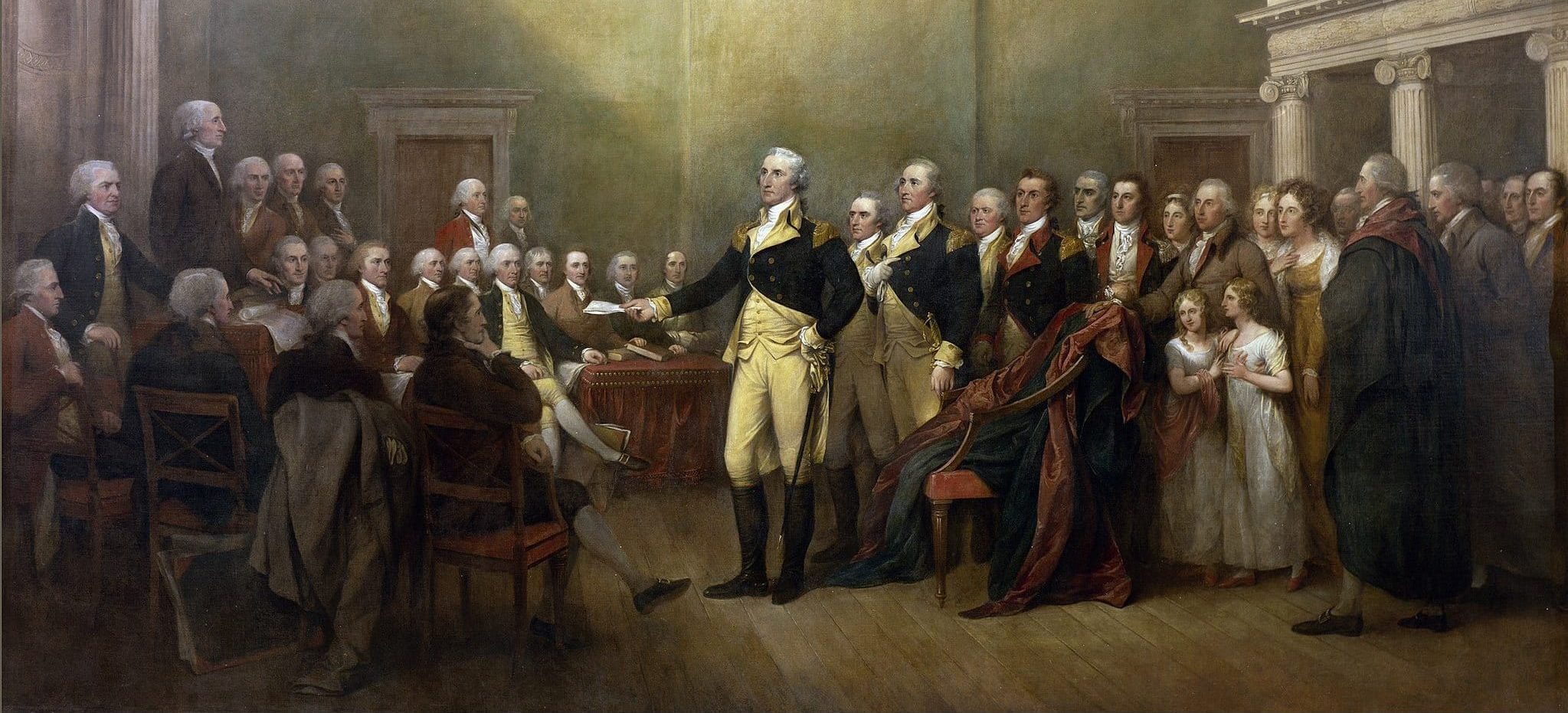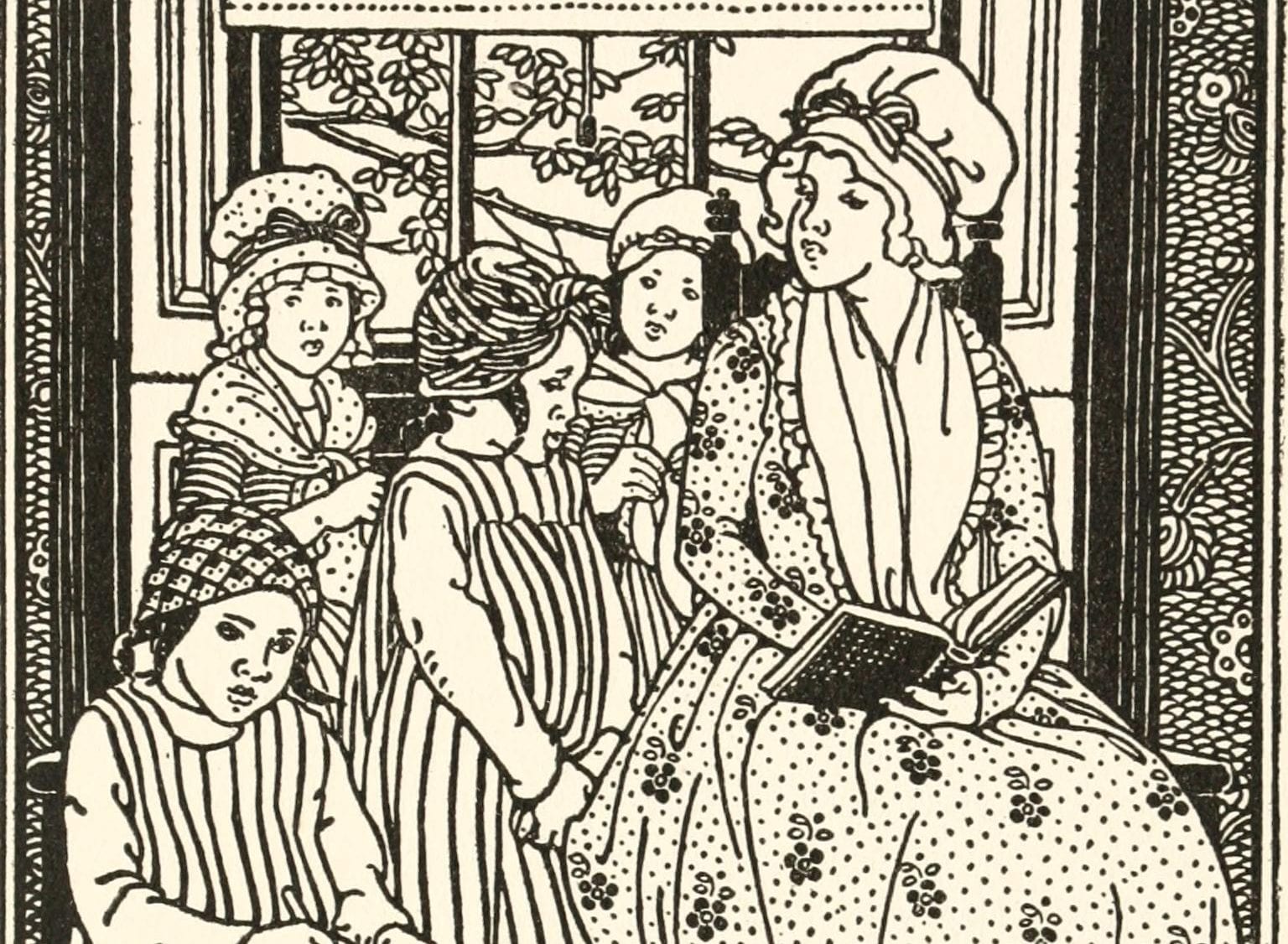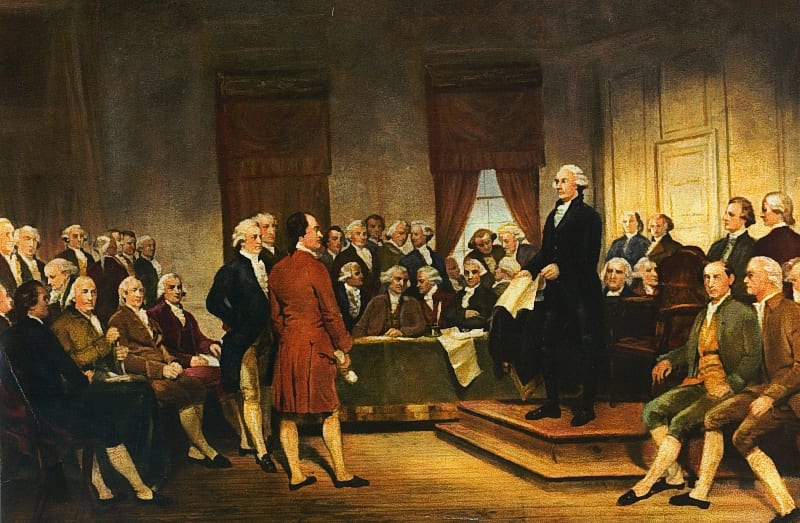While Alexander Hamilton is appropriately described as one of the founders of the realist school of thought in American foreign policy, he also believed in the enlightenment principles that dominated western thinking during the eighteenth century, among them natural rights, natural law, and the consent of the governed. Frequently and erroneously described as a monarchist, Hamilton shared the American Founders’ belief in natural law and believed that legitimate government required the consent of the governed. Hamilton wrote in his essay The Farmer Refuted (1775) that “the sacred rights of mankind are not to be rummaged for among old parchments or musty records. They are written, as with a sunbeam, in the whole volume of human nature, by the hand of the divinity itself; and can never be erased.” And it seemed at times that Hamilton believed in American exceptionalism, that the fate of self-government around the globe hinged on the success and survival of the American experiment. This was a new order for the ages, and if the United States were to fail, mankind would be “forever destined to depend for their political constitutions on accident and force.” Hamilton expressed this view in the first of the Federalist Papers, a collection of essays he coauthored with James Madison and John Jay supporting the constitution devised in Philadelphia during the summer of 1787.
—Stephen F. Knott








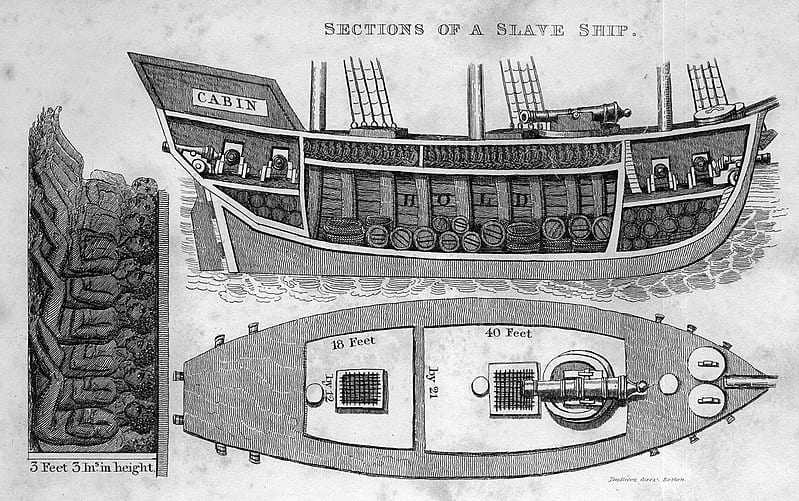






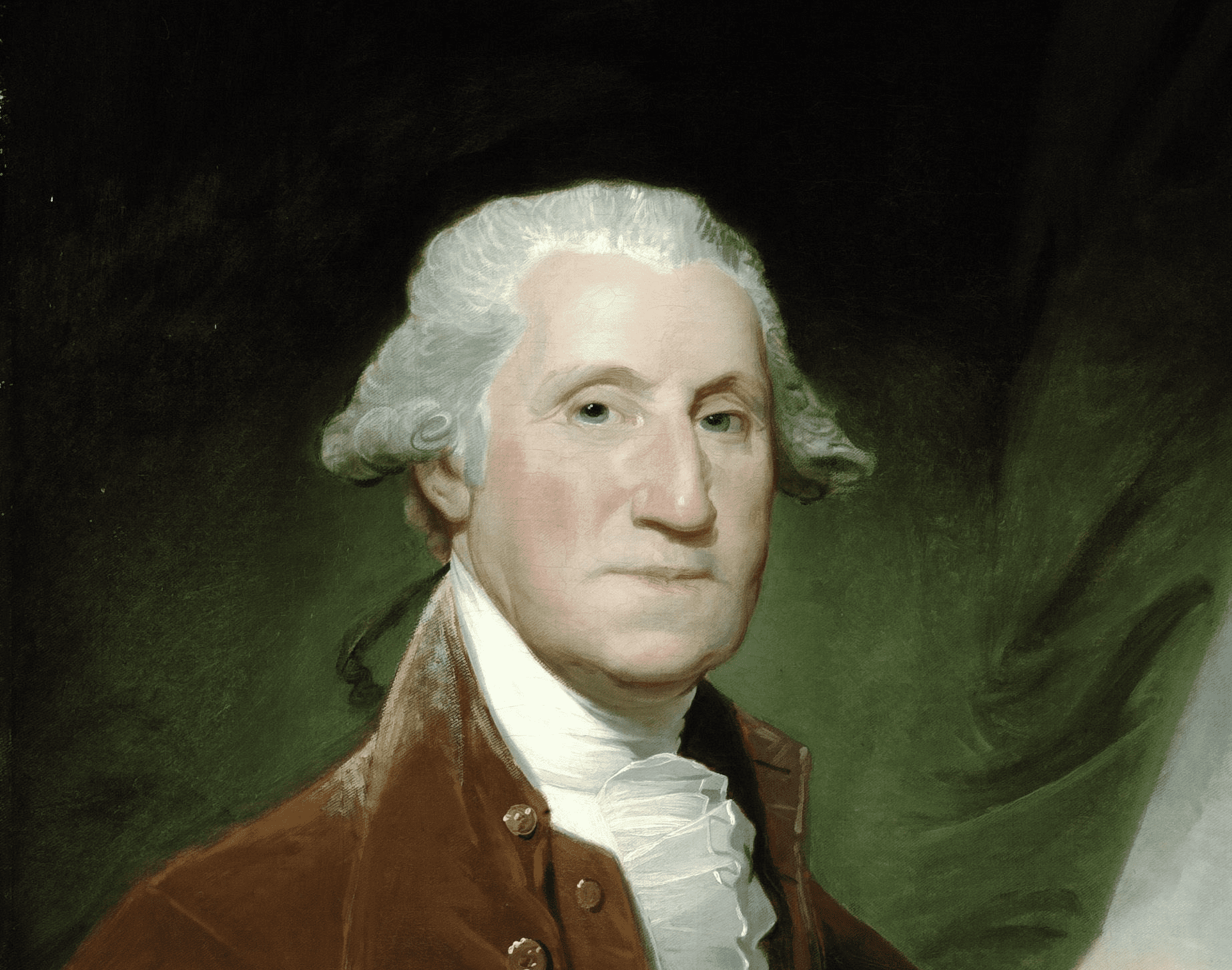















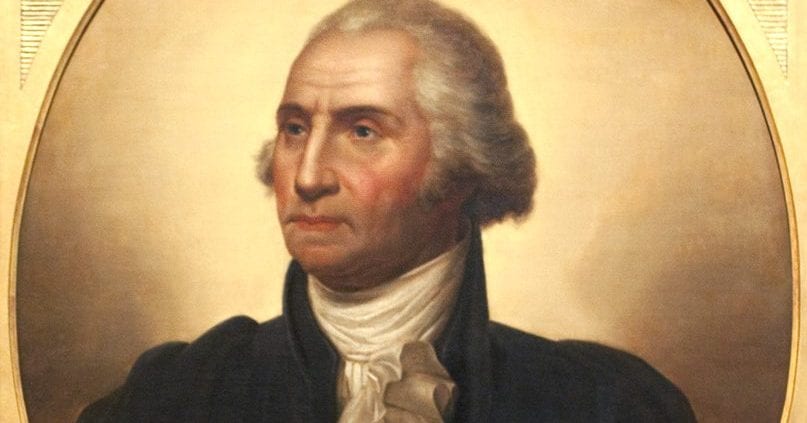
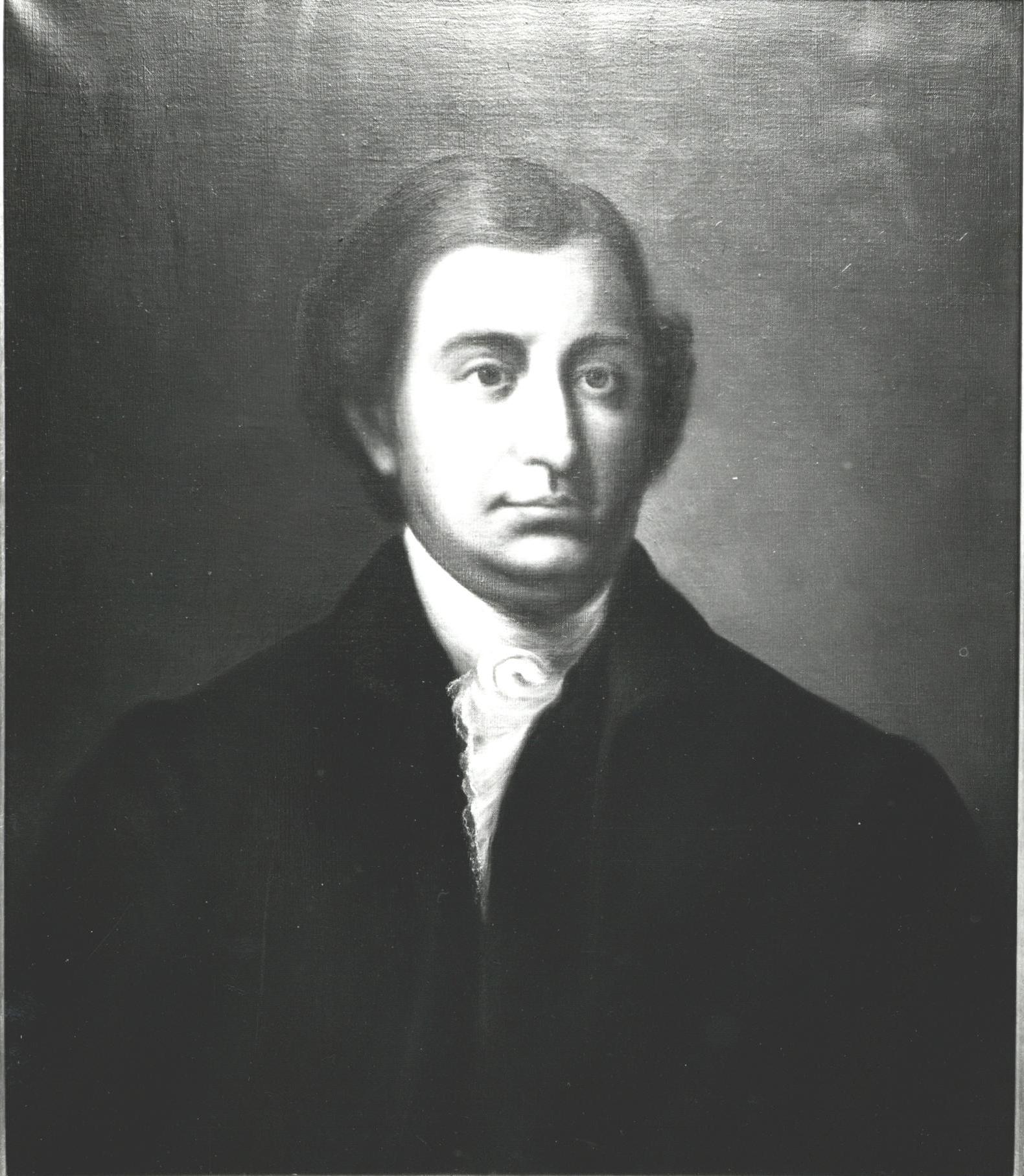
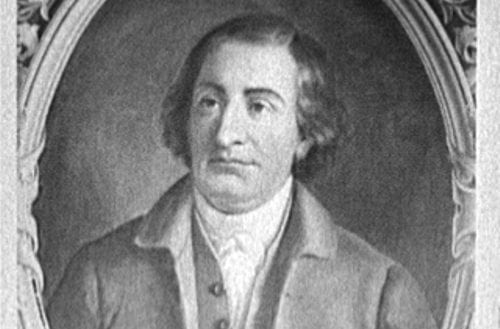
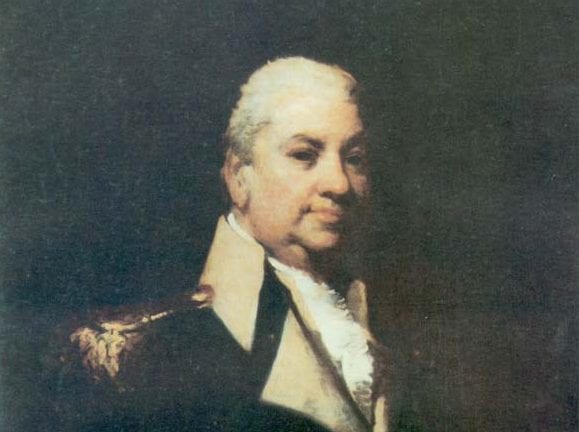




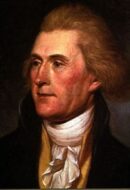













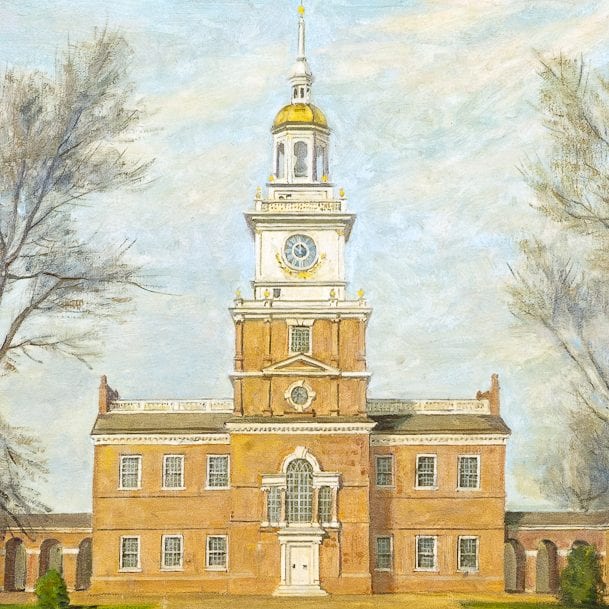

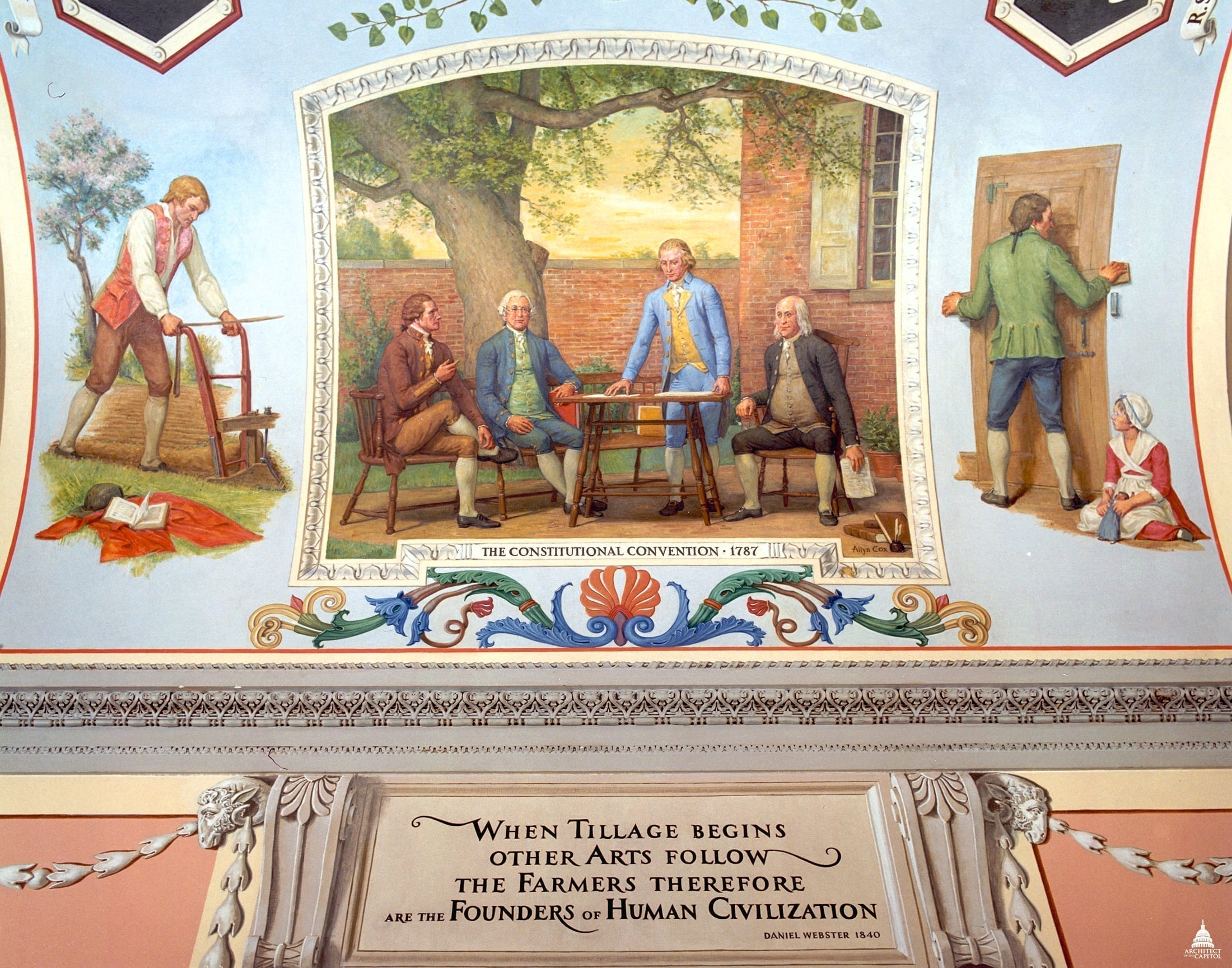

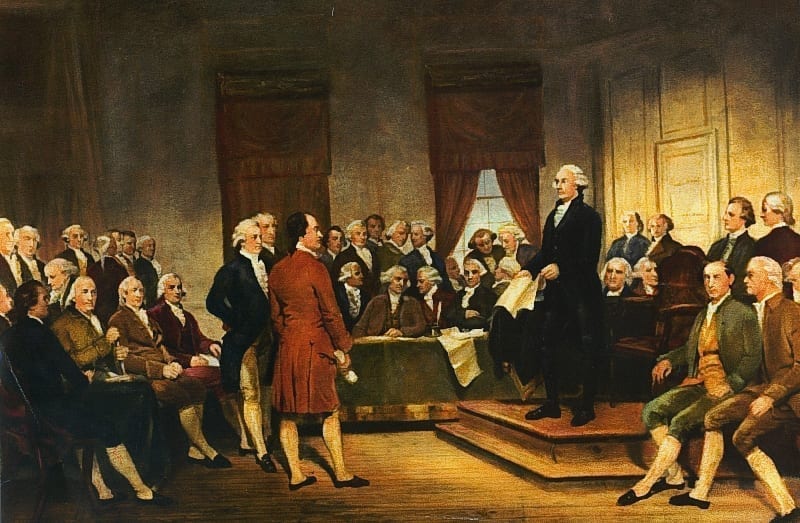


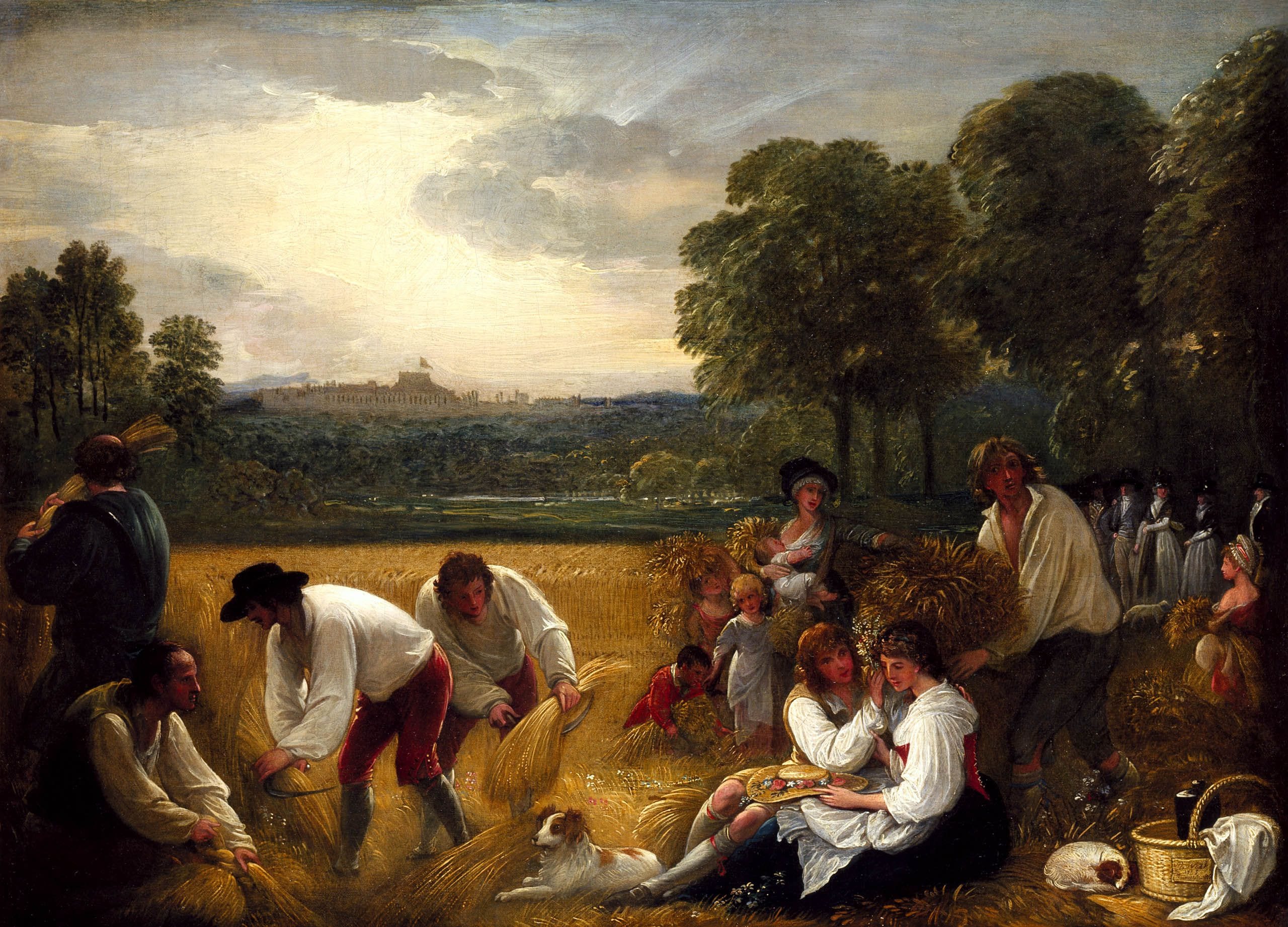


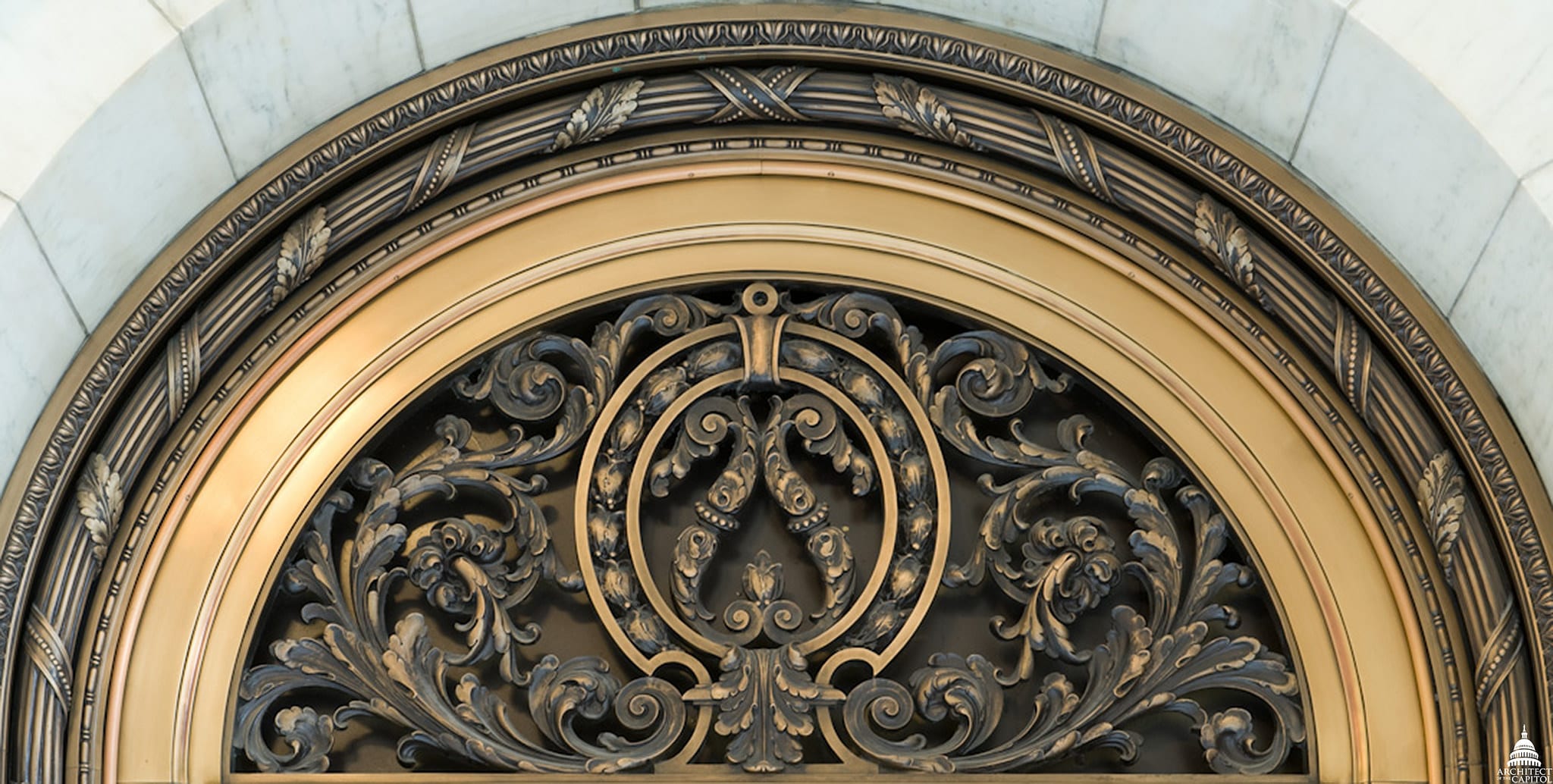













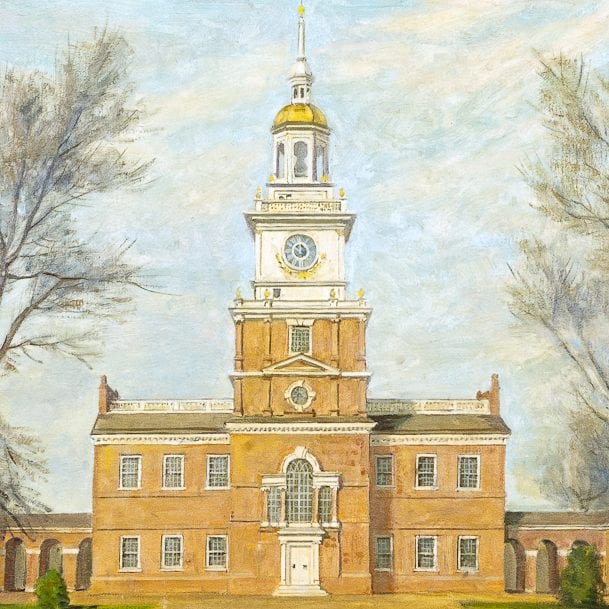
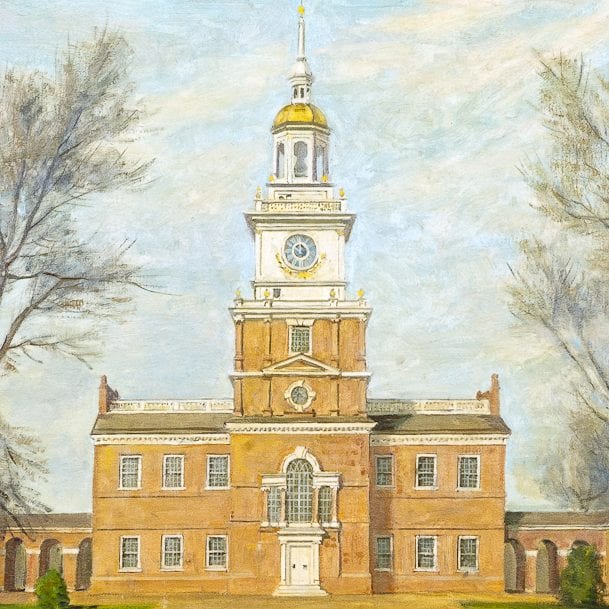





































































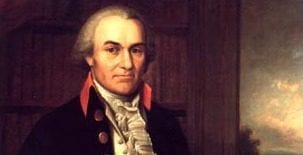



























![Finley, A. (1829) Pennsylvania. Philada. [Map] Retrieved from the Library of Congress, https://www.loc.gov/item/98688548/.](/content/uploads/2024/02/Map-of-PA--273x190.jpg)





















